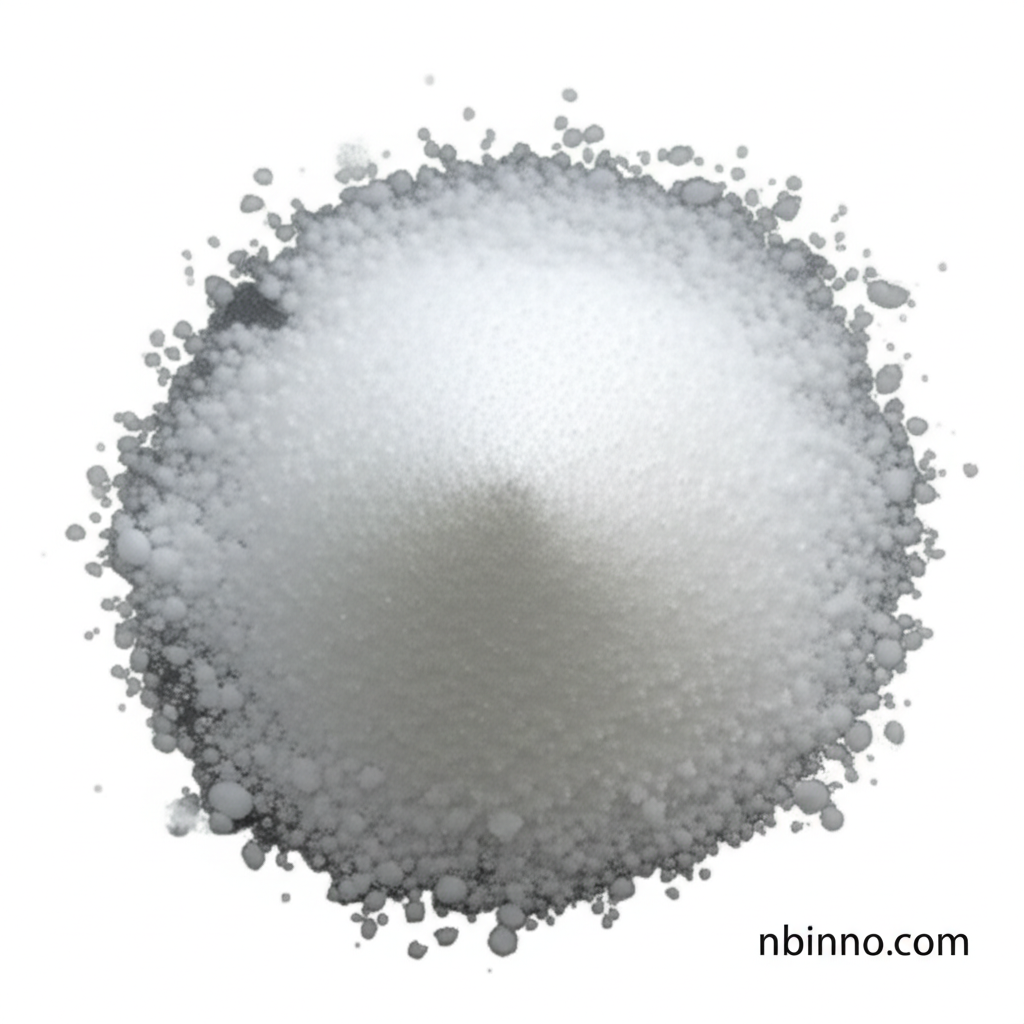Diethyl(3-pyridyl)borane: Your Key to Advanced Chemical Synthesis
Unlock novel pharmaceutical pathways with our high-purity Diethyl(3-pyridyl)borane for Suzuki coupling and beyond.
Get a Quote & SampleProduct Core Value

Diethyl(3-pyridyl)borane
Diethyl(3-pyridyl)borane is a crucial organoboron compound that serves as a highly effective intermediate in the synthesis of pharmaceuticals and complex organic molecules. Its primary utility lies in its participation in Suzuki reactions and other C-C bond coupling processes, enabling efficient construction of target structures. This compound is instrumental in the development of potential anticancer agents and in the synthesis of trisubstituted pyrimidines.
- Utilize Diethyl(3-pyridyl)borane synthesis for creating potent anticancer agents and other bioactive molecules.
- Leverage its role as a key pharmaceutical intermediate to streamline complex drug development processes.
- Employ this versatile reagent for advanced C-C bond formation, enhancing synthetic efficiency.
- Discover the potential of boron compounds in chemistry for novel material science applications.
Key Advantages
Enhanced Reaction Efficiency
The specific structure of Diethyl(3-pyridyl)borane facilitates reactions under milder conditions, leading to improved yields and reduced by-products in organic synthesis.
Versatile Synthetic Utility
As a crucial pharmaceutical intermediate, it supports a broad range of synthetic strategies, making it invaluable for drug discovery and development.
Catalytic Prowess
Its application in Suzuki coupling reactions showcases its ability to act as a catalyst, driving efficiency in carbon-carbon bond formation.
Key Applications
Pharmaceutical Synthesis
Diethyl(3-pyridyl)borane is a critical intermediate for synthesizing active pharmaceutical ingredients (APIs), particularly those involving complex heterocyclic structures and C-C bond formation.
Suzuki Reaction
Its high reactivity makes it an excellent partner in Suzuki coupling reactions, a cornerstone for building complex organic molecules in medicinal chemistry.
Anticancer Agent Development
The compound is utilized in the preparation of molecules that inhibit protein kinases, showing promise as potential anticancer agents.
Material Science
Beyond pharmaceuticals, its unique properties lend themselves to the development of new materials and catalysts, contributing to advancements in material science.
